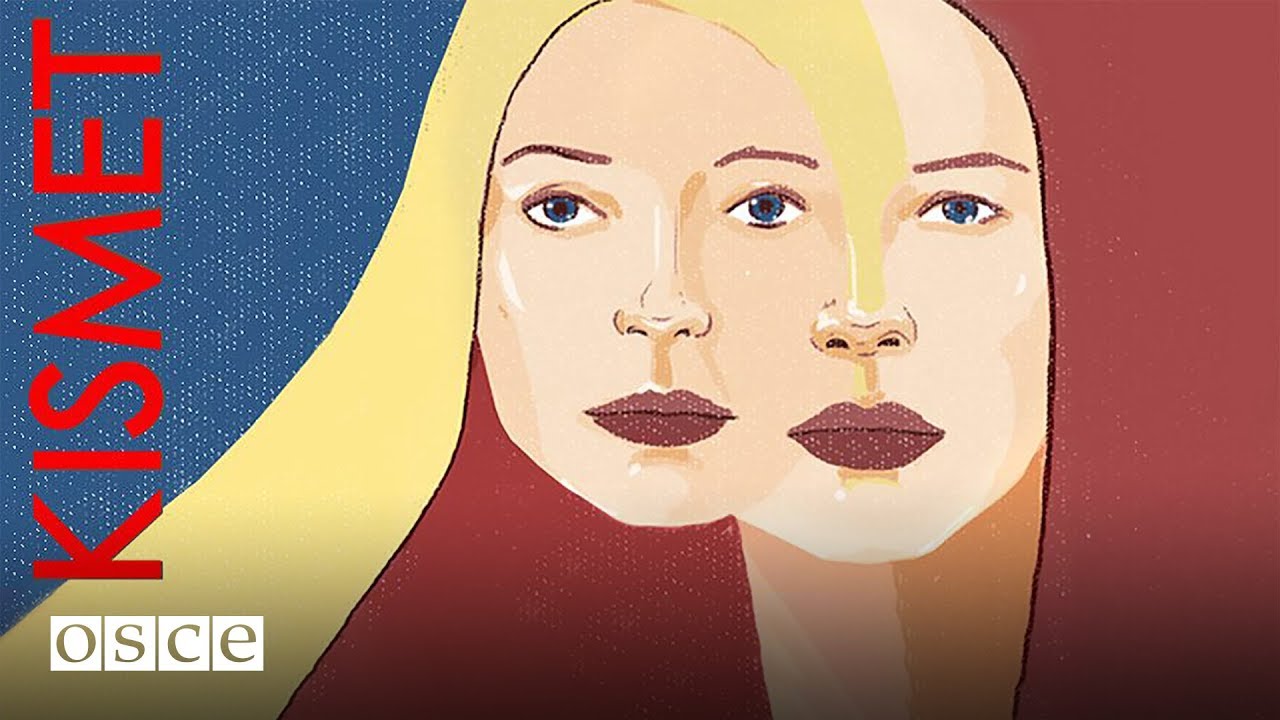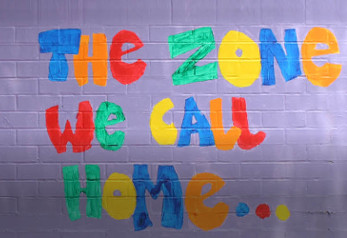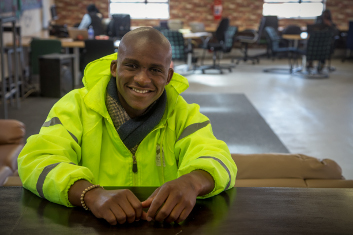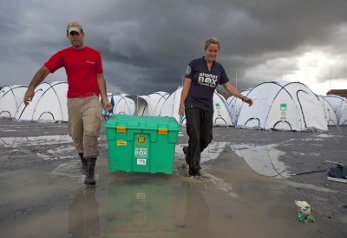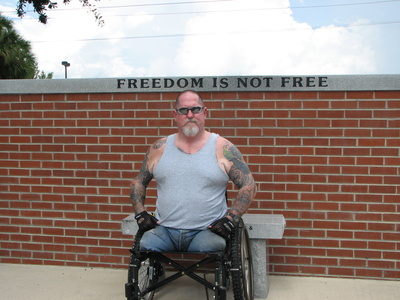
Original’s is the first ever global consulting firm specialized in cultural sustainability, the fourth pillar of sustainable development. We help companies and local governments engage for the sustainability of the local cultures under their influence, through the concept of Cultural Responsibility (CR).
We help companies to create value from the local cultures: to engage for the local cultures can indeed help companies facilitate their relationships with the local communities and to maximize the impact of their socio-environmental policies. We help local governments to engage for the cultural sustainability of their territory: Cultural Responsibility’s strategies can indeed strengthen the social cohesion of a place and help local governments to find new – corporate – resources for the local cultures.
Our main general objective is to help globalized actors reduce their negative cultural impact on the different territories they operate. In that sense, CR represents another step of Corporate Responsibility: from the environmental footprint of the carbon emissions to the human handprint of the societal impact of companies.
Based on that, our main expertise is to develop the first ever concrete tools, processes and methodologies in terms of cultural sustainability and CR: Cultural Mapping, Cultural Impact Assessment, Key Cultural Indicators, Cultural Costs, Cultural Returns on Investment and so on.
We also organize innovative ‘walkshops’ with key local actors (a walkshop is a ‘workshop by walking outside’, instead of staying in a conference room). During those tours, we concretely show to the audience (local governments, communities, companies, artists etc.) what the local culture is and what are the potential threats for this culture in the current context. It has become a very good way to make people aware of today’s cultural challenges before acting.
In reality, the sustainability of different cultures worldwide is becoming a challenge in our everyday more globalized and standardized context: what seemed self-evident until now – to be part of a local culture – is now becoming an issue. Furthermore, in such an identity-tense context worldwide, Cultural Responsibility is a peaceful and innovative way to engage for civilizations and cultures: CR promotes both the inclusiveness (integration of the outsiders to the locals) and the exclusiveness (ability to be different from the others) of the local-regional-national communities in a globalized context.
CR represents the sustainability of what we are: humans. We are not human because we are individuals with big brains. We human because we are social animals who need to live in given local communities, communities which have their own values that are different from those in other local communities. Our collectiveness, ‘culturalness’ and exclusiveness are our humanity.
In that sense, what is the point of reducing deforestation, plastic production and carbon pollution if we end up all the same or if we end up killing each other because of our differences? In other words: why make human life sustainable if there is no humanity anymore?
More pragmatically, we highlight the fact that globalization is a paradox: because it endangers them, globalization is also paradoxically a way of illuminating the importance of local cultures. This is what we call a ‘post-globalized’ context: a world that is still open, but a world formed by people increasingly close to their localness, with strong notions of authenticity, identity and collectivity.
Frantz Dhers is CEO of Original’s

